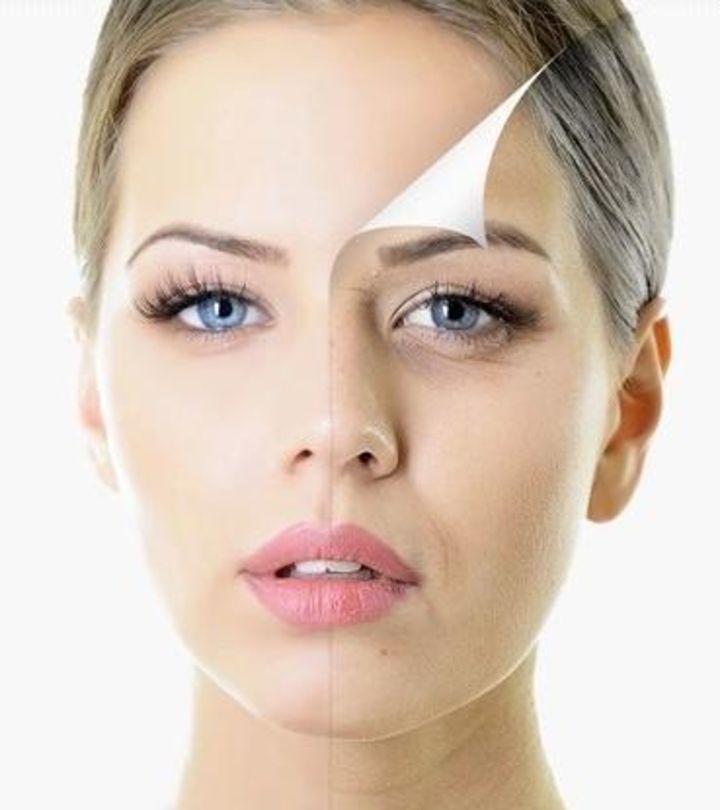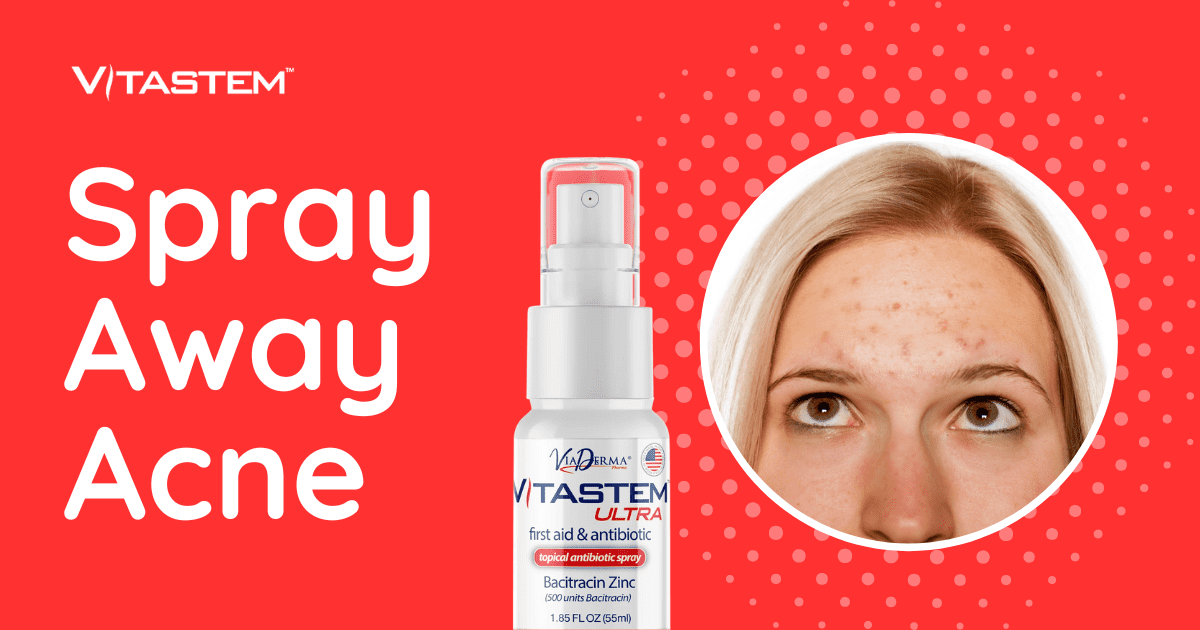One glimpse at the beauty industry is more than enough to understand that clear glowing skin is what everyone dreams about. If only we could wake up one day to a flawless radiant complexion that’s as soft as rose petals, with no effort at all. Indeed, there are some lucky souls out there that all they have to do in the morning is splash some water on their faces and they’re good to go. But for the rest of us mortals who haven’t been blessed by the skincare gods with perfect genes, it takes a lot more to achieve that baby-soft blemish-free skin that we desire.
Large pores, spots, rough and bumpy texture or uneven skin tone are just some of the skin woes that most people struggle with. New brands and products are popping up left and right and they all promise to make your skin troubles a thing of the past. You can easily get swept into a skin care vortex, making it hard to discern between useful and useless products. Most times, you have to go through a trial and error process to find out what works for you.
One great way to support your skin health and beauty is to make sure you are taking enough of the needed nutrients that nourish your skin from the inside. Knowing what are the best vitamins for skin health and implementing them in your daily diet will make a huge difference and will result in positive skin changes. And while supplements and a well-rounded skincare routine is important, there are other variables to take into consideration.
Although there’s no such thing as perfect skin, that doesn’t mean you should give up on caring for your skin’s health. So we put together a list with the best skincare tips that will help you get one step closer to achieving that soft clear skin you deserve.
Table of Contents
Mind your diet
When it comes to skin health, what you put on your plate is just as important as what you put on your skin. The food that you eat has a direct impact on your skin’s condition, so if you need one more reason to start eating healthy, this should be it. You’ve heard time and time again that you should steer clear from junk food, as tempting as it might be. Processed foods and refined carbohydrates won’t do you any favors. They can disrupt your gut’s microbiome and that can result in inflammation. As some of you might already know, inflammation is at the core of most skin issues, so it’s easy to see where this is going.
Of course you shouldn’t refuse a treat every now and then. But you should always focus on including whole foods in your diet that are rich in vitamins and antioxidants. Fruits and veggies are great for supporting your overall health and helping your skin fight against those annoying free radicals that produce so much damage. So next time you go grocery shopping, make sure you fill your cart with bright-colored fruits and vegetables, fish and some dark chocolate.
Beauty sleep is no joke
When folk wisdom is backed up by scientific evidence you have no other option but to listen to it. Sleeping Beauty wasn’t that pretty for no reason – the clue is in her name. Scientists agree that quality sleep is essential to keep your body functioning at optimum level. In a day and age when stress has become a normal part of our lives, getting a good night’s sleep is more important than ever. While you sleep, your body goes tough a process of repair and recovery to fight the effects of stress, and by doing that it also helps your skin stay stronger and younger-looking. So now you might want to pay more attention to those 8 hours of sleep recommended by doctors. That’s if you really want rejuvenated skin that looks plump and smooth.
Cleanse and exfoliate religiously
It’s no secret that two basic steps in skincare are cleansing and exfoliating. But let’s be honest – most of us are guilty of skipping them or doing things wrong. Let’s do a quick rundown of how we should approach cleansing and exfoliating.
- The golden rule is to cleanse daily and never ever go to sleep wearing makeup. Cleansing helps remove excess oil, dirt and makeup that could clog your pores and lead to breakouts. But not all cleansers are created equal. You should avoid using harsh cleansers that strip your skin of its natural oils and leave a tight sensation behind. Instead choose a mild cleanser that is effective at getting rid of debris, but is gentle enough with your skin. Look for the best goat milk soap as it is a great alternative to conventional drugstore cleansers and it’s suitable even for the most sensitive skin types.
- Regular exfoliation is just as crucial for getting clear glowing skin. It helps remove the dead skin cells on the surface, thus regenerating the skin and making it clearer and more radiant. But it’s important not to go overboard with it. Physical exfoliation can be quite harsh on skin and that’s why most dermatologists usually recommend opting for chemical exfoliation instead. Take baby steps with it – once or twice per week should do the trick.
Don’t forget hydration
No matter your skin type, you should never forget about hydration. Keeping your skin moisture levels in balance is a must if you want a soft and bright complexion. Go for a cleanser that has moisturizing properties, like natural goat milk soap, but also add an effective moisturizer in your skincare regimen. Products that contain hyaluronic acid, glycerin or ceramides are the best for boosting hydration and keeping your skin plump and happy. Apply moisturizers on damp skin and you can forget about dry, flaky or dull skin.
Sun protection is non-negotiable
You’ve heard it a thousand times and we’re going to say it once again: you should wear SPF daily! All your hard work and extensive skincare routines are worth nothing if you skip sun protection. No matter the season, no matter the weather, SPF is you best ally when it comes to healthy skin. The UV rays from the sun can wreak havoc on your skin and contribute to premature aging, so limiting sun exposure is a wise idea. And when you do go out and about in the sun, you must always apply a generous layer of broad-spectrum SPF (with a factor of at least 30) to protect you from both UVA and UVB rays.












